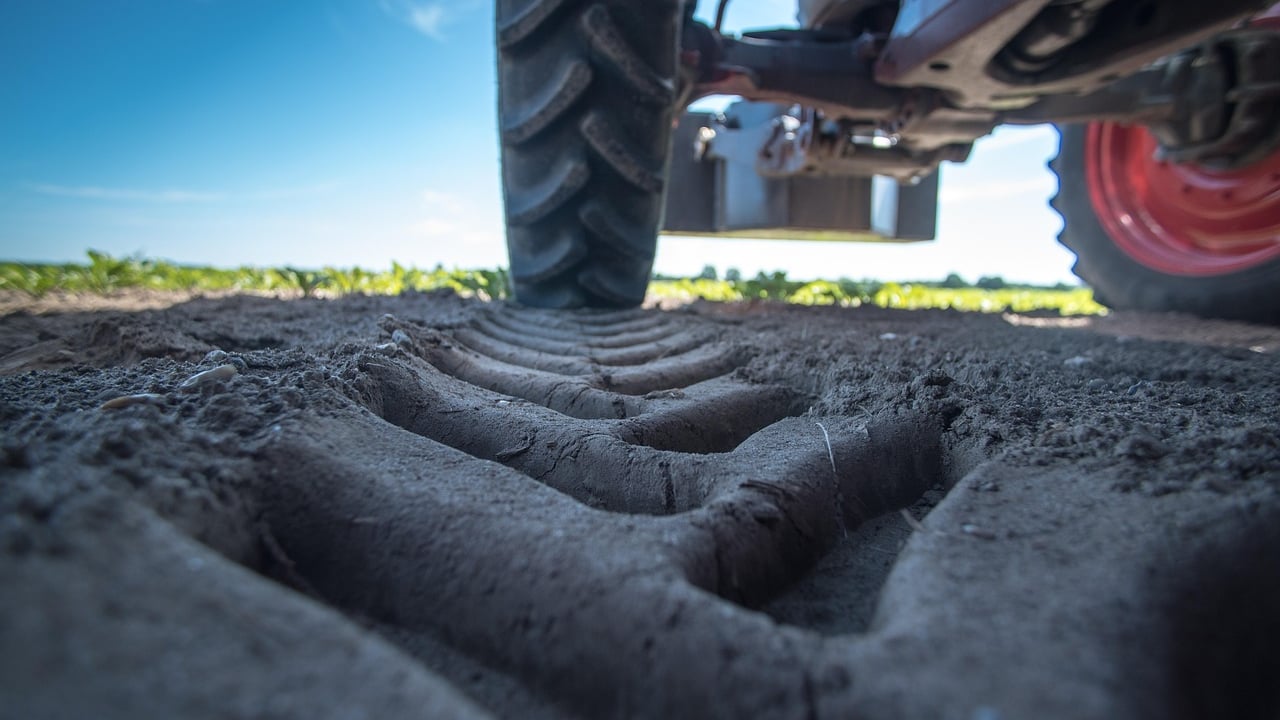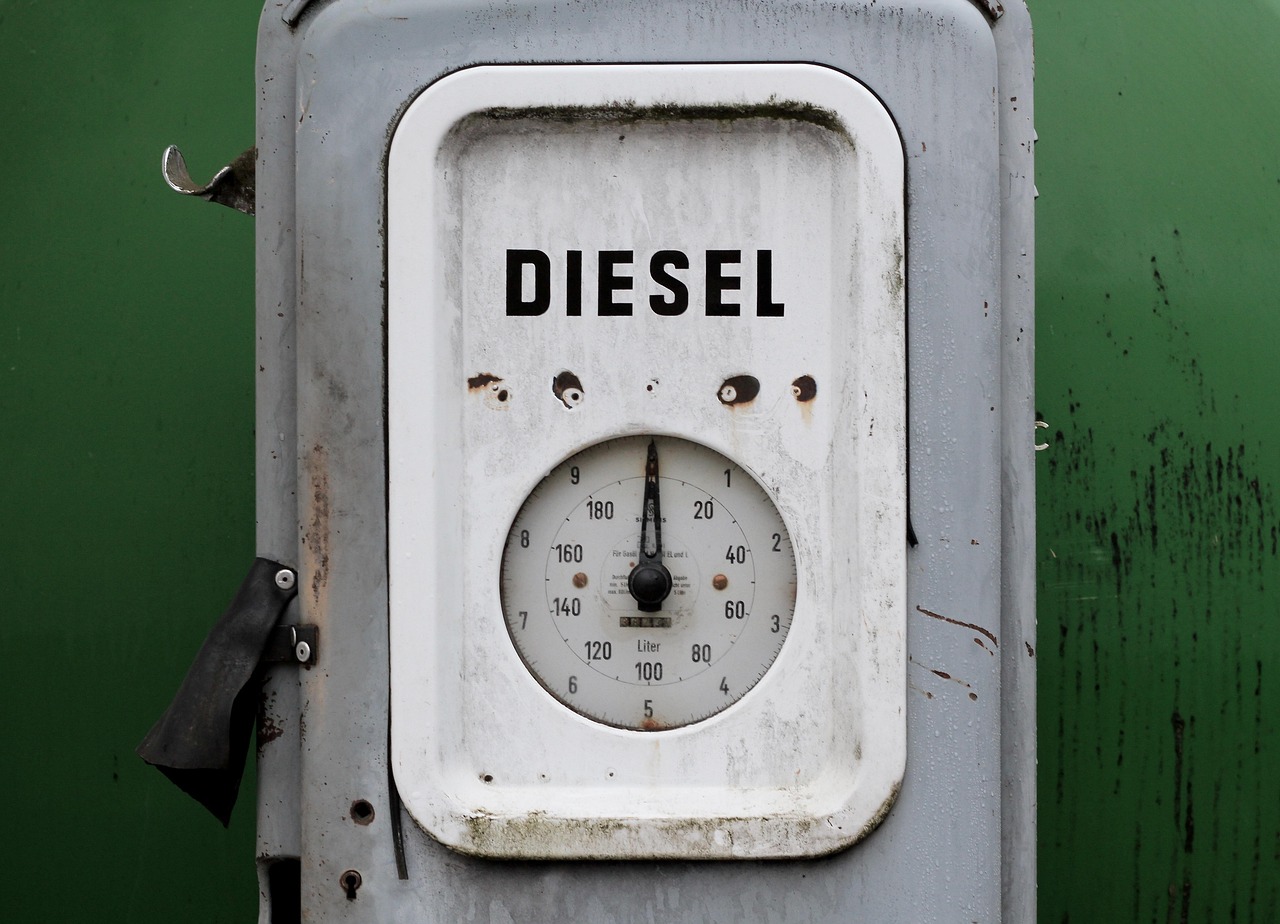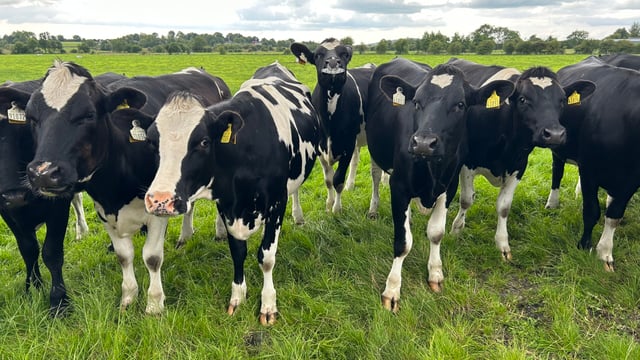How far away is Ireland from adopting hydrogen-fuelled tractors?
Hydrogen fuel could offer Irish farmers a way to reduce carbon emissions, avoid fuel price volatility and make better use of Ireland's renewable resources, according to Teagasc energy and rural development specialist, Barry Caslin,
Caslin says farmers often ask where Ireland is at with hydrogen as a fuel for tractors, given the growing interest in cleaner and more sustainable energy sources.
For many years, diesel has been the trusted fuel for tractors and other farm machinery.
But with rising fuel costs, concerns over energy security, and increasing pressure to adopt greener practices, alternatives are being actively explored.
Hydrogen is considered by many as a particularly promising green energy option – a clean fuel that could revolutionise how farms generate power and open new income streams.
While the technology to run tractors and vehicles on hydrogen already exists, the key challenge lies in sourcing the fuel reliably, Caslin explained.
Hydrogen is produced from three main sources: fossil fuels (grey hydrogen); fossil fuels combined with carbon capture (blue hydrogen); and renewable energy (green hydrogen).
Grey and blue hydrogen lead to significant carbon emissions, whereas green hydrogen is much cleaner but currently expensive and less readily available, with higher costs that farmers would ultimately face.
Challenges
Caslin highlighted that storing hydrogen can present its own difficulties, as conventional metal tanks can allow hydrogen to escape, causing logistical and safety issues.
However, he said new developments in materials such as graphene is offering solutions. Containers made from graphene are 200 times stronger than steel, and impermeable even to hydrogen.
While electric vehicles are becoming common, battery technology is not yet suitable for heavy farm machinery, the Teagasc specialist noted.
Tractors and harvesters demand high power, and current batteries require heavy, rare materials and strong electrical infrastructure - all challenges for rural Ireland.
Caslin outlined that limited grid capacity and inadequate charging infrastructure mean battery-powered machines are not yet viable on a large scale for farming.
Industry developments
A major milestone was reached in the UK in April 2025 when hydrogen-powered agricultural and construction vehicles were legally permitted on public roads.
This was largely driven by companies like JCB, which has invested heavily in hydrogen combustion engines. This regulatory change opens the door for wider practical use of hydrogen machinery.
Several engine manufacturers are racing to develop hydrogen-compatible engines that match the size, power, and performance of diesel units.
Kubota, for example, has a 3.8L spark ignition engine producing up to 114hp with the same footprint as its diesel counterpart.
Deutz is set to begin mass production of its six-cylinder 295hp TCG 7.8 H2 engine later this year, noted for its quiet operation and carbon-neutral credentials.
JCB Power Systems has produced over 75 units of its four-cylinder AB448 H2 engine, offering diesel-equivalent power and torque, currently undergoing extensive vehicle testing.
In France, Massey Ferguson is targeting 2026 for unveiling a hydrogen-powered tractor prototype.
While hydrogen infrastructure in Europe is still developing, countries like South Korea and Japan have already established networks supporting tens of thousands of hydrogen vehicles.






